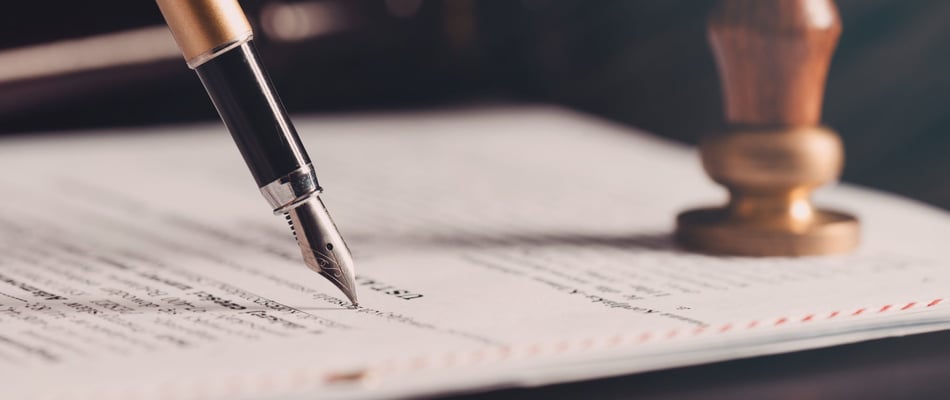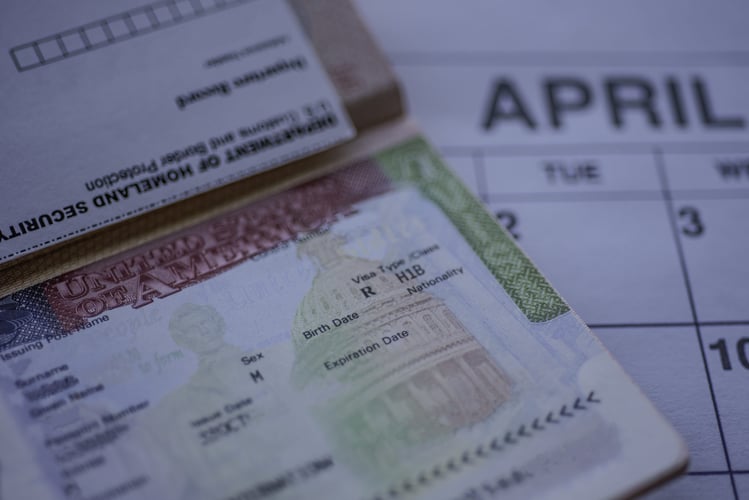
As you probably know, a will is a legal document in which you declare who will inherit your assets when you die. Everything you own when you die counts as your estate. Your estate can consist of bigger things like real estate or a business, as well as smaller things that carry sentimental value, such as photographs, jewelry, or other personal possessions. The person named in the will to manage your estate is called the executor/executrix because he or she will be in charge of properly executing your wishes as stated in the will.
A will can also serve to designate who you wish to become the guardian for any minor children or dependents, and who you want to receive specific items that you own. Someone designated to receive any of your property is called a beneficiary.
Many of our clients want to know: “What happens if I die without a will?”
If you die without a valid will, that usually means your estate will be settled based on the laws of your state. This is referred to as intestate, and the laws of intestate succession would apply. Probate is the legal process of sorting out and transferring the property of a deceased person to the rightful heirs, as determined by the probate court. Many individuals desire to avoid going through the probate court process, as the outcome can be more uncertain than they are comfortable with. This is one of the most common goals for our clients.
Options for Creating Your Will
You may be wondering if you need a lawyer to write your will. The answer depends on your unique personal situation. Like many other legal documents, most people can technically create a valid and binding will without the help of an attorney. But also like many legal filings, you’re likely much better off working with an attorney to write your will.
The cost of creating a will does not have to be prohibitive, either: our lawyers would much rather help ensure that your intentions are made clear, rather than see more and more cases jamming up the probate courts and slowing down the inheritance process for beneficiaries and deceased property holders who did not leave behind a valid will.
If you don’t have many assets, an online service like LegalZoom might be an appropriate option for your will. But if you would like some guidance on the best ways to plan for your estate, a qualified will and trust attorney can help you through every step of the process.
To learn more about writing your will and estate planning, from probate court to tax implications, disposition of non-financial assets like real estate or a business, or whatever your individual needs happen to be, please give us a call. We would love to get to know you and are eager to assist you with the process for drafting and executing your will.



